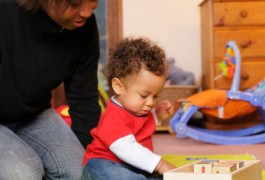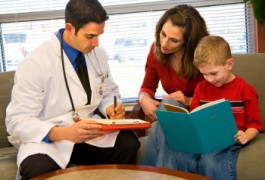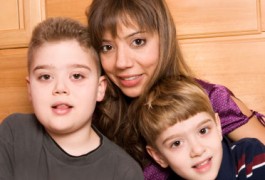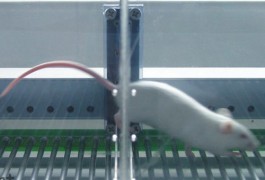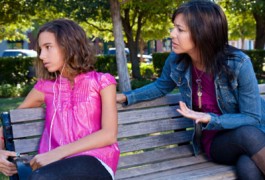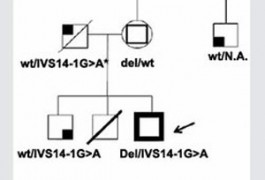Clinical research: Signs of autism emerge in infancy
Warning signs of autism, such as deficits in social ability and fine motor skills, are apparent as early as 6 months of age, according to a large longitudinal study published in the March issue of the Journal of the American Academy of Child and Adolescent Psychiatry.







